Overview of Probate / Estate Administration
Typically, there are certain “standard” responsibilities an executor will need to go through, depending on the size, location and number of beneficiaries, this task can be rather simple, or extremely complex.
One question the Executor will need to ask is if they want to handle the process 100% on their own, or seek the assistance of a qualified, experienced Estate Attorney.
Find the deceased person’s assets and manage them until they are distributed to inheritors. This may involve deciding whether to sell real estate or securities owned by the deceased person. Some of the more difficult assets to find might be long held insurance policies or vacant land owned in a different state.
- Decide whether or not probate court proceedings are needed. Most jointly owned assets pass to the surviving owner, without probate. And if the deceased person’s property is worth less than a certain amount (how much depends on state law), it may be able to go through a streamlined probate process.
- Figure out who inherits property. If the deceased person left a will, the executor will read it to determine who gets what. If there’s no will, the person in charge (sometimes called the administrator) will be guided by North Carolina’s statutes. (see previous blog on dying without a will)
- File the will (if any) in the local probate court. The North Carolina Court System (Probate Section) provides the forms, laws and timeline to begin the process.
- Handle day-to-day details. This may include terminating leases and credit cards, and notifying banks and government agencies — such as the Social Security Administration, the post office, Medicare, and the Department of Veterans Affairs — of the death. Often, SS and Medicare are notified upon the creation of the death certificate, but it is important to check.
- Set up an estate bank account. This account will hold money that is owed to the deceased person — for example, paychecks or stock dividends.
- Use estate funds to pay continuing expenses. The executor may need to pay, for example, utility bills, mortgage payments, and homeowner’s insurance premiums.
- Pay debts. The representative must advertise for claims against the estate in a newspaper ” qualified to publish legal advertisements” in the county where the estate is being administered.
- Pay taxes. A final income tax return must be filed, covering the period from the beginning of the tax year to the date of death. It would be advised you seek the assistance of an Estate Attorney or CPA to determine if NC State and Federal Tax returns must be filed.
- Supervise the distribution of the deceased person’s property. The property will go to the people or organizations named in the will or those entitled to inherit under state law.
The process is complex and time consuming, especially where the executor is out of State or lives a considerable distance for where the Estate is being administered. There may be certain dates/deadlines that need to be adhered to. Your specific Probate / Estate Administration questions are welcome. We always offer free consultations.
————————————————————————————————–
Local Raleigh / Durham / Chapel Hill / Triangle NC Elder Law and Estate Planning Attorney offers professional counsel with last will and testament, revocable or irrevocable trust, power of attorney, advanced directive, Medicaid Planning, Veterans Aid and Assistance, asset protection, probate and estate administration, and other important legal matters.










